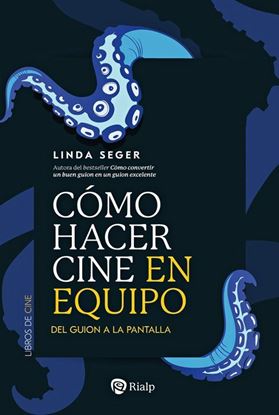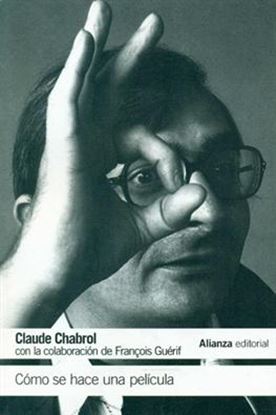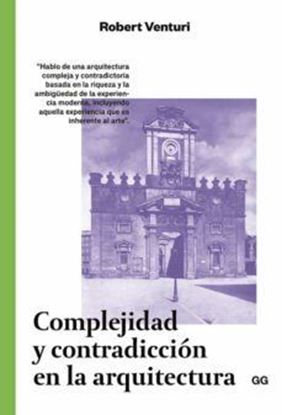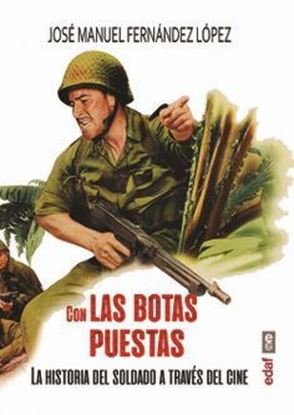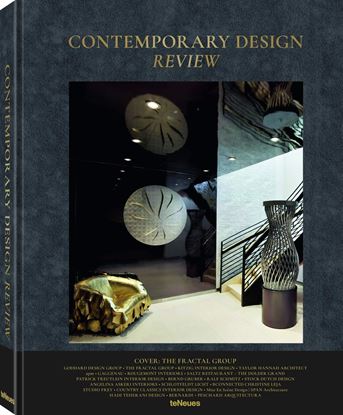

COMO HACER CINE EN EQUIPO
La veterana consultora de guiones Linda Seger examina grandes guiones contemporáneos y clásicos, y explica con ellos el audaz viaje que supone llevar el guion a la pantalla. Esta edición, totalmente revisada y actualizada, incluye entrevistas con más de 80 artistas de prestigio en su ámbito (escritores, productores, directores, actores, editores, compositores y diseñadores de producción). Sus discusiones sobre el arte y el oficio de la realización cinematográfica, y cómo y por qué toman sus decisiones, proporcionan a estudiantes, profesionales del cine y escritores de guiones la guía definitiva para crear el mejor “plan” posible para una película, y para comprender las decisiones artísticas y técnicas de todos los involucrados en el proceso.
1,750
1,400
COMO SE HACE UNA PELICULA
Fruto de una serie de entrevistas entre Claude Chabrol y Francois Guérif, este breve compendio realiza un repaso integral al proceso de Cómo se hace una película. Matizado en todo instante por la ácida y personal visión del director de El bello Sergio, El carnicero, El grito de la lechuza, La ceremonia o La flor del mal, el contenido de estas páginas toca desde los primeros pasos de la aventura que supone toda realización cinematográfica -la elección del tema, la escritura del guión, la búsqueda de un productor- hasta los últimos -la explotación y recepción del film-, pasando, naturalmente, por todos los problemas y detalles que lleva aparejados el rodaje, incluyendo la dirección de actores, las cuestiones técnicas y la función de cada uno de los que en aquél participan.
900
720
COMO SHOSTAKOVICH ME SALVO LA VIDA(OF2)
Stephen Johnson, compositor, dirige en la BBC un programa de música clásica y explora en este texto cómo la música de Shostakovich se fue gestando bajo la época del Terror de Stalin, y cómo logró dar forma a los miedos y esperanzas de un pueblo castigado por la guerra y la historia. Johnson escribe sobre el poder terapéutico de la música para quienes padecen desórdenes mentales y cuenta cómo la música de Shostakovich le insufló a él mismo una fuerza insospechada en su lucha contra el trastorno bipolar. El texto enlaza episodios autobiográficos con entrevistas realizadas a músicos rusos coetáneos de Shostakovich y con reflexiones sobre la particular lectura que hace Johnson de filósofos, psicoanalistas y neurólogos, hasta dibujar ante nosotros una imagen profunda y convincente de cómo la música concebida por una persona encierra el hechizo que permite salvar la vida de otra persona.
500
400
COMPLEJIDAD Y CONTRADICCION EN ARQUITECT
Aparecido por primera vez en 1966, Complejidad y contradicción en la arquitectura es uno de los textos de teoría de la arquitectura más importantes de la segunda mitad del siglo XX y uno de los primeros en cuestionar de una forma global y contundente las ideas y los preceptos del movimiento moderno. A partir del estudio y de la evidencia de cientos de obras de la historia de la arquitectura, en este implacable alegato Venturi desmitificó algunos de los presupuestos asumidos por la arquitectura moderna al poner en tela de juicio ciertas nociones del racionalismo ?como la simplificación, la coherencia o la tabla rasa respecto a la tradición? e introducir otros conceptos, hasta entonces insólitos, como la complejidad y la contradicción.
2,200
1,760


